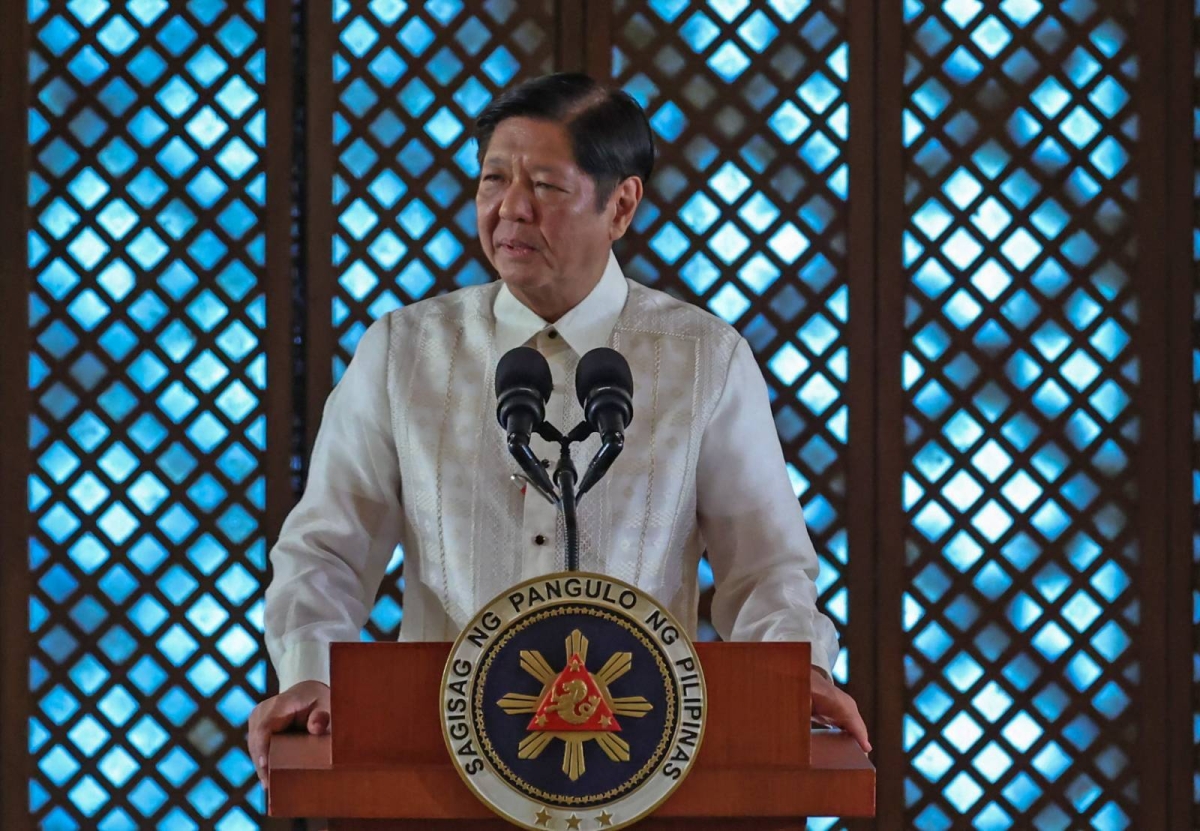President Ferdinand Marcos Jr. has issued a directive to all national government agencies (NGAs) to identify the functions that should be devolved to the local government units (LGUs), according to the Presidential Communications Office (PCO). The President emphasized the need to determine the priority core functions and services that should be transferred from the national government to the LGUs during a meeting at the Palace last week.
To ensure a smooth transition, the funding and implementation schedule for these functions and services will be computed based on the capacity of the LGUs and in accordance with the minimum standards set by the NGAs. In cases where LGUs lack the necessary funds to implement these functions and services, the national government will provide assistance through a dedicated program, as stated in the minutes of the December 21 meeting.
This assistance is particularly important for LGUs that heavily rely on their internal revenue allotments. President Marcos Jr. emphasized the need for the National Economic and Development Authority (NEDA) to conduct a sensitivity analysis to determine the potential benefits of investments, including the functions and services to be performed by the LGUs.
In addition to ongoing studies on the determinants of functions and services that should be carried out by the national government and devolved to LGUs, the NEDA has been tasked with recommending ways to implement a phased-in devolution. This includes developing a timeline based on the capacity of the LGUs. The PCO stated that the NEDA is expected to complete the study and submit it to the Office of the President by the end of February 2024.
To ensure a coordinated effort, the Department of the Interior and Local Government, in collaboration with the Union of Local Authorities of the Philippines, will compile a list of basic functions and services that the LGUs should be performing based on their Devolution Transition Plans and the plans of the national government.
Devolution of functions from the national government to LGUs is an important step towards empowering local communities and enhancing their ability to address the specific needs of their constituents. By transferring certain responsibilities closer to the people, the government aims to improve efficiency and responsiveness in delivering public services.
This directive from President Marcos Jr. reflects the government’s commitment to decentralization and empowering LGUs. It recognizes the importance of local governance and the potential for LGUs to effectively address the unique challenges and opportunities within their respective jurisdictions.
As the implementation of devolution progresses, it is crucial for all stakeholders to work together to ensure a smooth transition. This includes providing the necessary support and resources to LGUs to enable them to effectively carry out their new responsibilities. It is also important to regularly evaluate and assess the impact of devolution to make any necessary adjustments and improvements along the way.
In conclusion, President Marcos Jr.’s directive to devolve functions to LGUs marks an important step towards empowering local communities and enhancing their ability to serve their constituents. With careful planning and coordination, this move has the potential to improve governance and service delivery at the local level, ultimately benefiting the Filipino people.







